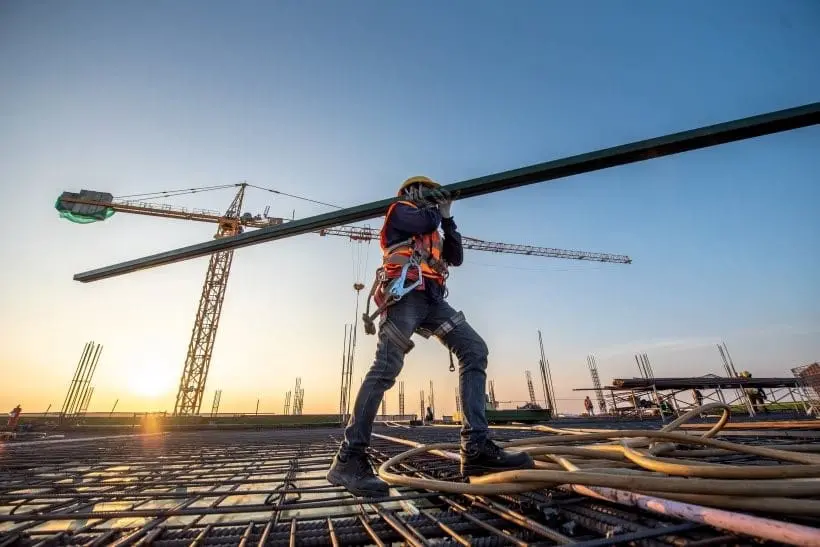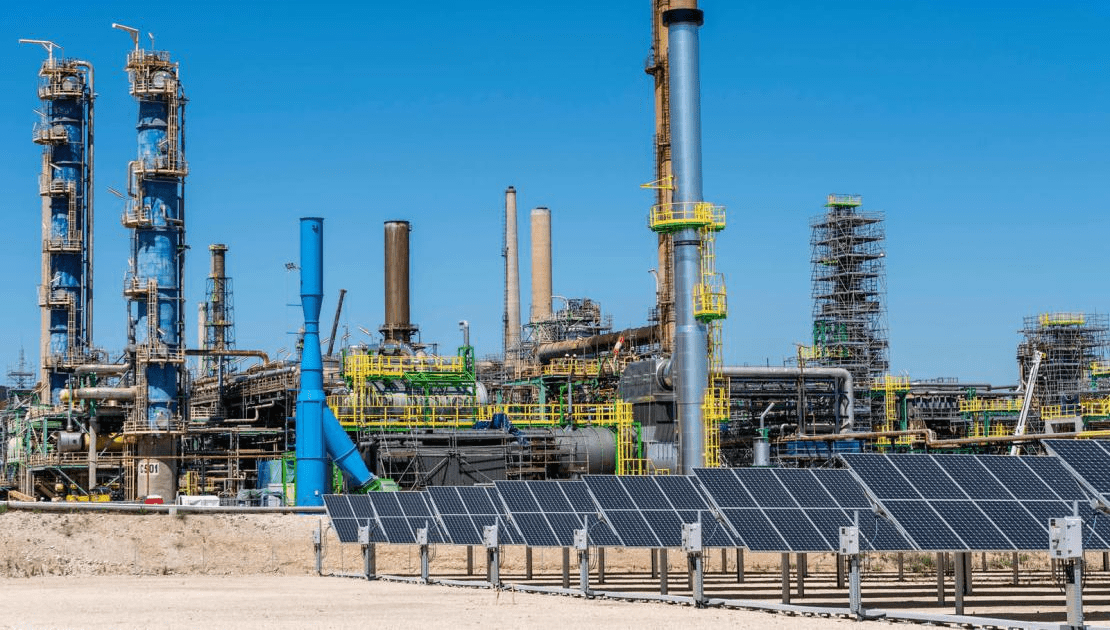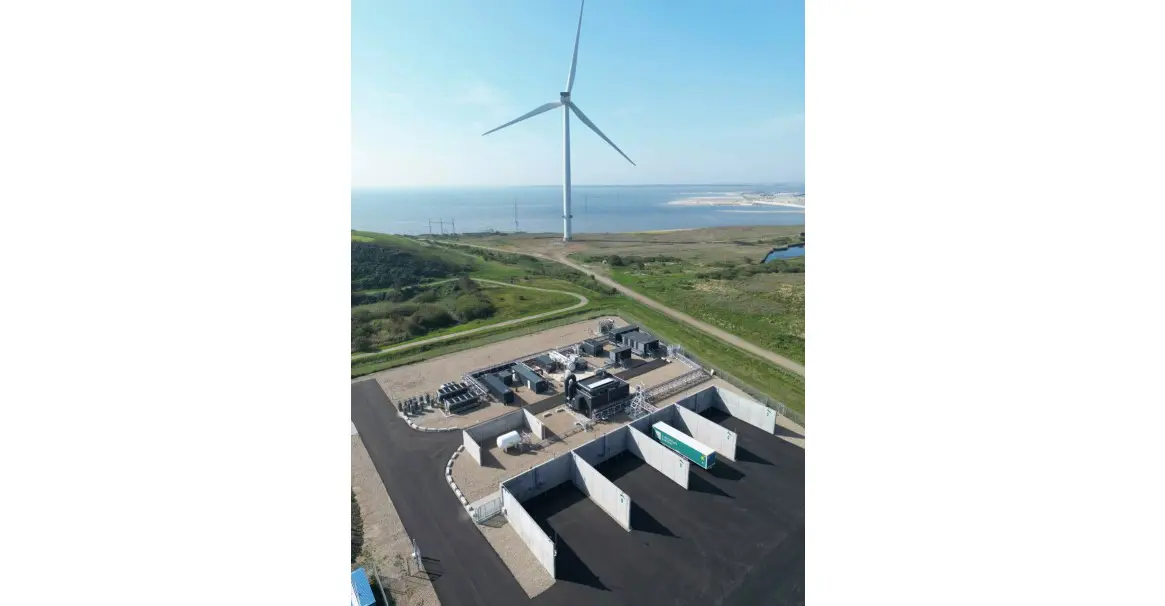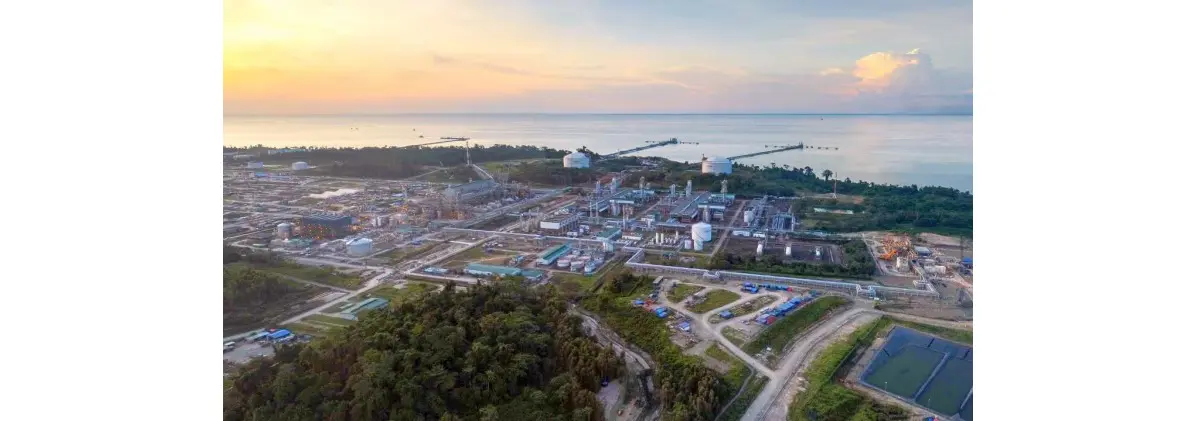
From Concept To Commissioning: Ensuring Project Completion

By Ross Faransso
Project shutdowns and delays within the clean energy sector have signaled a greater challenge for energy transition: that despite significant financial investments and regulatory support, the majority of projects are still failing to come online.
While market constraints have caused some projects to fail, the more common culprit is simply unrealistic timelines. As we’ve seen with recent implementation failures across the energy industry, condensed timelines are creating a graveyard of the essential facilities that are necessary to propel the global energy transition.
Understanding The Strain On Commissioning Timelines
The most critical phase of a project lifecycle is arguably project commissioning as it is the bridge from engineering and construction to operations. Project commissioning requires crucial due diligence, and delays during development and construction often drive projects to compress the commissioning schedule rather than to extend the commercial operation date. This decision to rush the final stage is often made to appeal to investors without evaluating if the project is ready to go online – which can lead to shortcuts and incomplete commissioning of systems.
The energy transition will continue to rely on projects across renewable fuels, hydrogen, sustainable aviation fuel (SAF), and more to decarbonize the world’s highest polluting sectors. Developers will need to ensure that the commissioning phase is not overlooked. Setting realistic timelines and expectations with stakeholders and ensuring the correct teams are involved from the beginning can help avoid missteps in the commissioning phase.
Why The Commissioning Phase Is Crucial To Low-Carbon Project Success
Planning for a successful commissioning phase is critical for project success because it validates the process design, plant engineering, and construction of the project. This phase requires thorough data of the equipment, controls, and technology ahead of the commissioning phase to ensure success throughout the project completion and stabilization of operations. If the data isn’t complete, the commissioning plan may thwart the operational success of the project. This phase is also where a crucial transfer of knowledge should take place between engineering teams and operators, which is critical for operation. Bringing all teams together during commissioning will mitigate future project failures.
A Developer’s Guide To A Successful Commissioning Phase
Setting Expectations With Investors And Stakeholders
Project development in a nascent market requires that managers and engineers set output expectations early. Investors often look for expedited returns on energy transition facilities, but emerging sectors still require time to establish successful outputs. There’s a greater chance of success when realistic timelines are conveyed to investors and stakeholders – especially on the project timeline. Investors can’t always identify potential pitfalls in a project. Educating and consulting with investors in the early phase of project funding will guide them on how much capital they should allocate and whether longer timelines should be expected. If construction delays occur, developers should not assume that commissioning and start-up timelines can be compressed to maintain commercial operations date.
Involve Your Team Early
Despite the commissioning phase being the last step before getting a facility online, involving the commissioning team from conception will help develop a successful roadmap for the project, including a realistic schedule and budget for initial financial modeling. With this team, you can develop a Division of Responsibility to clearly define the responsibilities of the contractors, equipment suppliers, commissioning team, operations, and any other stakeholders.
While your internal team is paramount to a project’s success, keeping your external stakeholders apprised of the project details and timeline is equally important, from defining completion requirements and turnover process for your contractors to ensuring equipment suppliers are providing the correct data and manuals for a facility.
Reaching The Finish Line
Successfully transitioning a project from the final stage of construction to commissioning to operations requires thorough due diligence. Proper equipment inspections and configuration is crucial to avoid future project failures. Once the construction of a site is completed, developers should certify all steps are taken to meet quality standards and equipment is configured correctly. This is where the most shortcuts are taken – and where the market is seeing the most project failures.
This last level of verification requires the team to verify the settings of the equipment and instruments to ensure the facility will be operational. Projects often fail by not taking the ample time to verify 100% of the equipment. Just one piece of equipment can dictate the success or failure of a project, so thorough commissioning is a lifeline for these projects.
Pressures from investors, global climate goals, and market expectations are pushing many emerging projects to the brink of failure. Like their traditional energy counterparts, green hydrogen, SAF, renewable fuels and other alternative fuels require time and due diligence for project success. By understanding the strain on project timelines, communicating candidly with investors, and ensuring that project commissioning is brought in from conception, developers can ensure that their project successfully comes online.
About The Author
Ross Faransso is chief executive officer of project development services at Nexus PMG. Faransso joined Nexus PMG in Fall 2023. Before joining the team, Faransso spent 16 years at KBR as director of operations and most recently as the company’s Americas head of business development for EPCM services. Faransso also serves as an active board member for the Association for the Capital Projects Engineering & Construction Community, commonly known as ECC.









